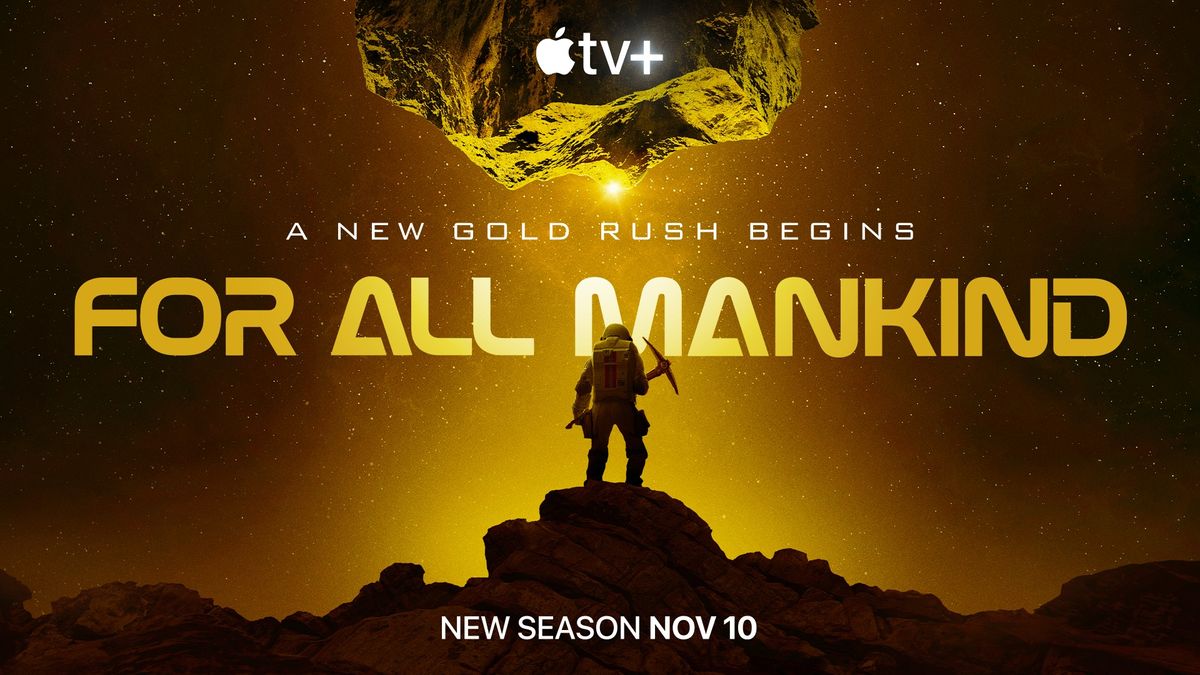Freezing temperatures, dust storms, radiation, marsquakes – living on Mars right now would be hellish. And getting there remains a multi-year journey. But what if we could make it habitable? Could we one day build settlements on the Red Planet or send human scientists to search for life?
That’s the premise of the TV series For All Mankind, which explores a future where the space race continued after the moon landing and humanity kept spreading out across space. But in the name of a good story, real science occasionally took the backstage.
In this episode, TV columnist Bethan Ackerley speaks to NASA Astronaut Garrett Reisman, who was also a consultant on the show, as well as planetary scientist Tanya Harrison who’s worked on multiple NASA missions to Mars. Between them, they explore how far off we really are from living on Mars, what it would take to surmount the remaining challenges – and why it’s still a dream worth pursuing in the real world.
Listen here: CultureLab: What would life on Mars be like? by Bethan Ackerley





